|
By Janica Maya (@janicamaya) The mainstream image of a vegan diet often excludes Black people from the dominant narrative.
By Akilah James (@ajxmes) In September 2020, Prime Minister Justin Trudeau announced Canada’s first Black Entrepreneurship Program (BEP) – a nearly $221 million investment to help thousands of Black entrepreneurs across the country. The program is designed not only to help Black businesses recover from the impact of COVID19, but also assist in growing their businesses.
By Thérèse Bo-Wenge (@iamtxe) In the 1960’s, reporting racism was very different from today. A civil rights worker looking to create awareness in the US would use their telephone to dial a wide-area telephone service number. The call would be dispatched directly to the organization paying for the line where, on their end, a civil rights workers duty was to keep record of the news. They would mail it out to the media, justice departments, lawyers, allies and repeat this process for ALL urgent news.
By Janica Maya The media plays a critical role as an essential institution in any nation – mainly towards disseminating information and stories for mass consumption. Therefore defining, reinforcing and shaping values, cultural norms and the society, at large. However, media can manipulate viewers on what is true by producing deceptive messages in films, Television, news and popular social media platforms. As media continues to portray Black people with false images of them, it perpetuates stereotypes and racism against the Black communities. The portrayal of Black people in the media affects the way others perceive them in reality. A distorted representation creates problematic understandings and attitudes amongst viewers and media consumers. For instance, media negatively associates Black men with criminality, violence, unemployment and poverty. Audiences with little to no knowledge and experience of how media works would perceive this image as the true realities of many Black men. It is dangerous to mistake the media as a reflection of the real world. Isis Dallis, writer and President of Bukwild, says in an open letter to the media industry: “As image-makers and storytellers, we contribute to the images, messages, and perceptions that circulate within our society and culture. They have the power to make people feel fearful of others, or the power to make them feel safe.”People act and treat Black people differently because of the way the media negatively represents them. Through those perceived notions, they experience covert racism such as someone clutching their purse when passing by them or not hiring them because they don’t look a certain way. The representation of Black people in the media has not only had a negative impact on how others perceive them, but also their very perception of themselves. Constantly dealing with negative stereotypes can affect their self-esteem and expectations. Being labelled as unintelligent or under-achieving can cause a lack of confidence in school and in the workforce. The importance of representation in the media is fundamental to providing fair and accurate stories of the Black community. Having Black representation in the media production process, including newsrooms and as policy makers can challenge the dominant narrative of Black misrepresentation and present to the world the unadulterated Black experience. Besides entertainment, news is another form of media regulating the negative narrative surrounding Black representation. The racialization of news on the coverage of the anti-Black racism protests has had a negative consequence on the social movements on this issue in the past, as well as on Black communities. News coverage of the protest mostly includes images of riots highlighting danger, destruction, disorder and other criminal acts. Jason Johnson – Politics & Journalism Professor at the Morgan State University says: “Much of the damage attributed to protestors is often the result of police action or inaction in the face of lawful public behaviour.” News media delivering incomplete stories of these protests means viewers would gain inadequate information, thus sustaining the negative narratives of Black individuals constructed in other media outlets such as film and TV. The news emphasizes the disruption of the protest, as it echoes politicians who label protestors as thugs. It overshadows the social issues protested and instead publicizes and maintains the image of criminality and violence within the Black communities. There has been less news coverage on the protest of Anti-Black Racism since the first large demonstration, and one may start to believe the protests have stopped. However, the fight against the issue is a continuous battle and organizations worldwide are continuing to speak out. Let us know your opinion on media’s consistent misrepresentation of Black people by clicking here.
By Cheyenne Raine Generations of Black-Canadians have been systemically oppressed in the Ontario education system. It was not until 2020 the city council and the provincial government decided to take a good look into the racism that takes place in schools, and the role adults play in coercing Black children out of the chance to pursue higher education.
|
Recent Posts
Categories
All
Archives
February 2022
|
|
GET THE APP!
Listen to VIBE 105 anywhere you go!
|
OUR STATION
|
TUNE IN RADIO
|
STAY CONNECTED
|
Copyright © 2021 Canadian Centre for Civic Media and Arts Development Inc. Except where otherwise noted, presentation of content on this site is protected by copyright law and redistribution without consent or written permission of the sponsor is strictly prohibited.


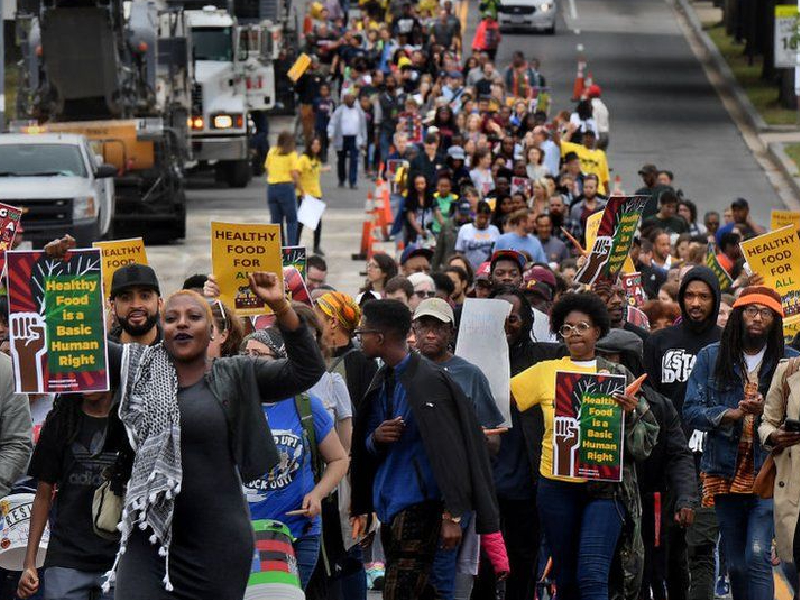
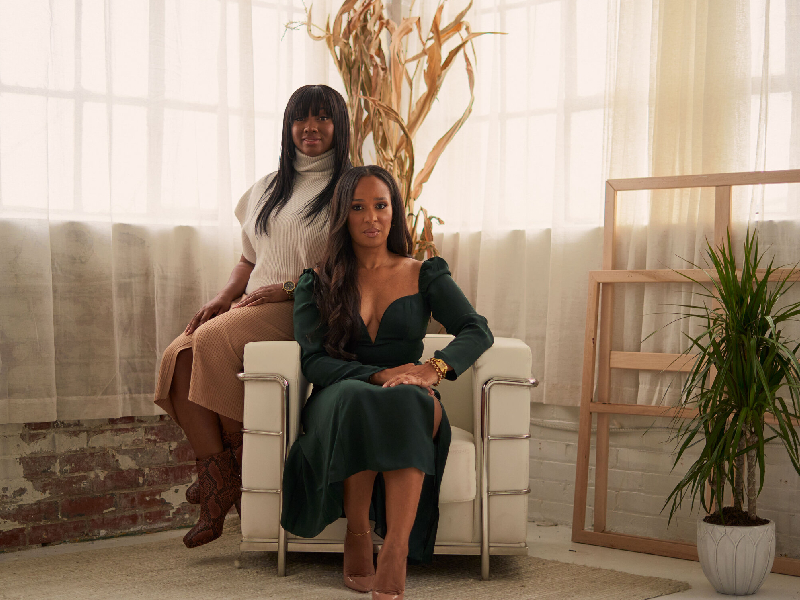
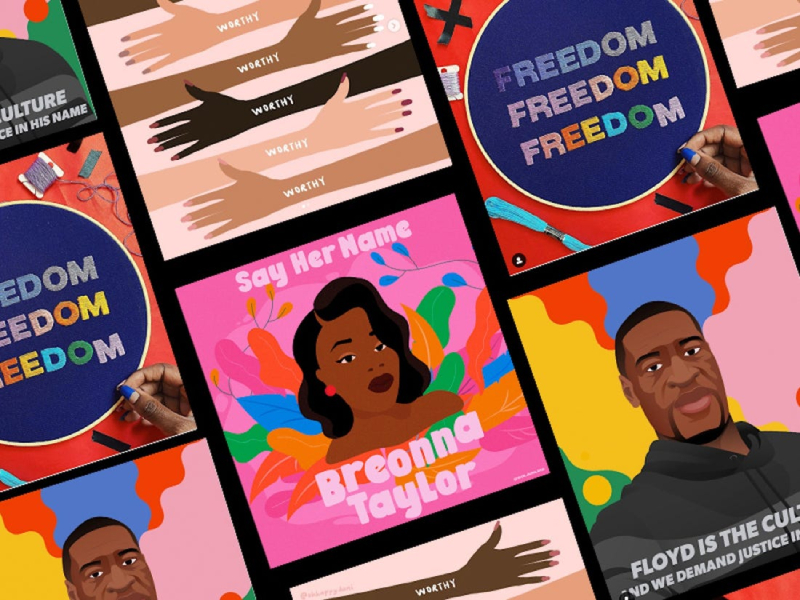
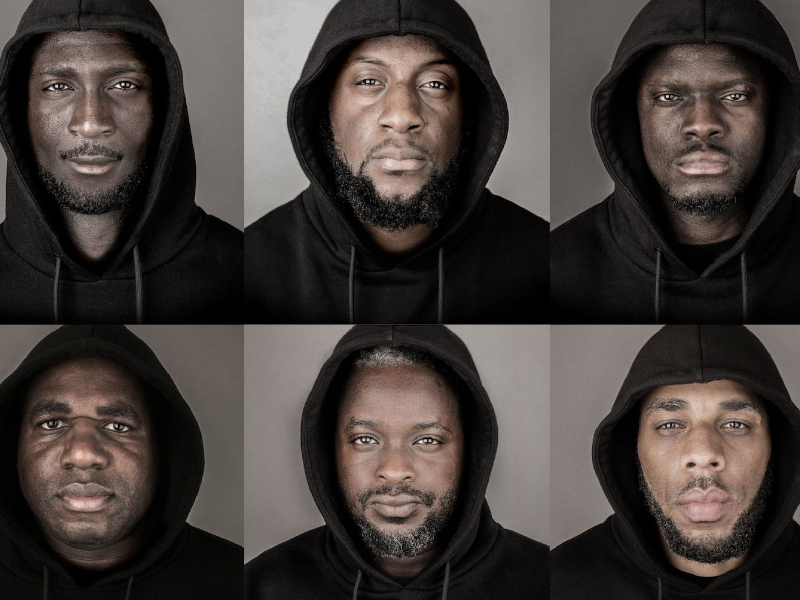
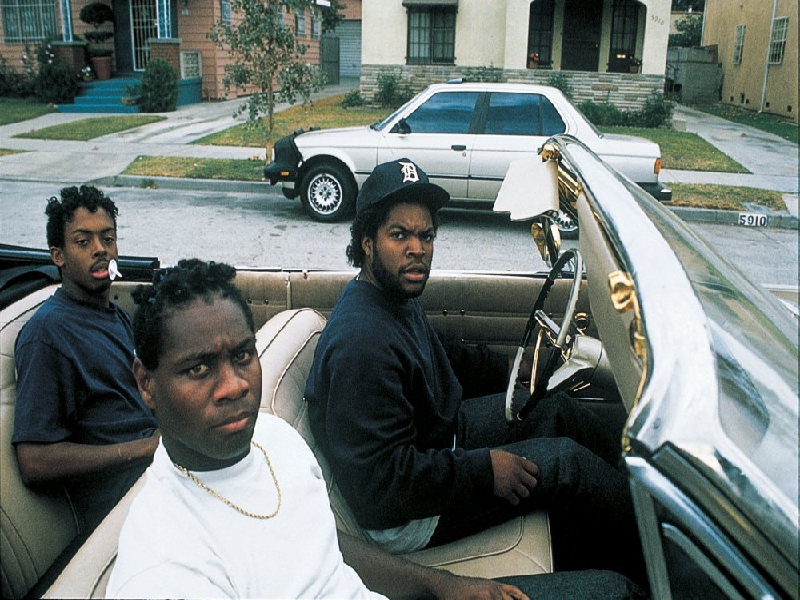
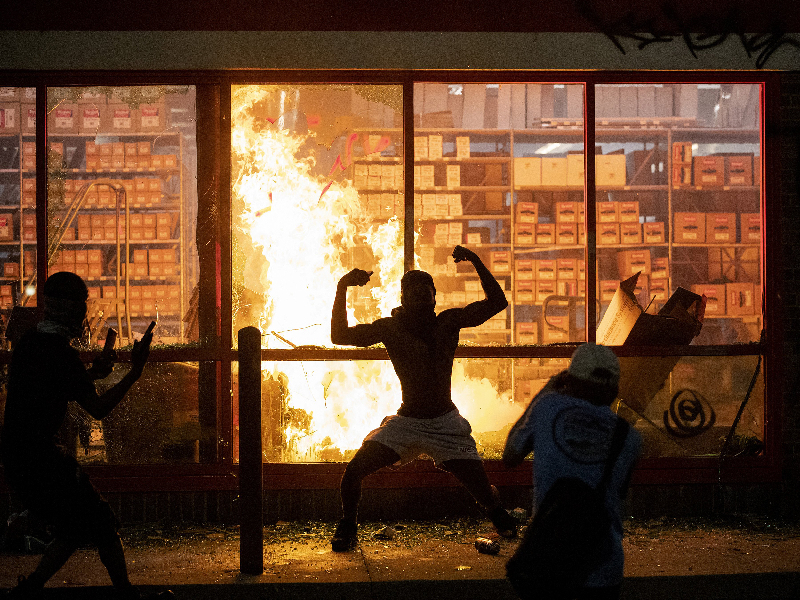
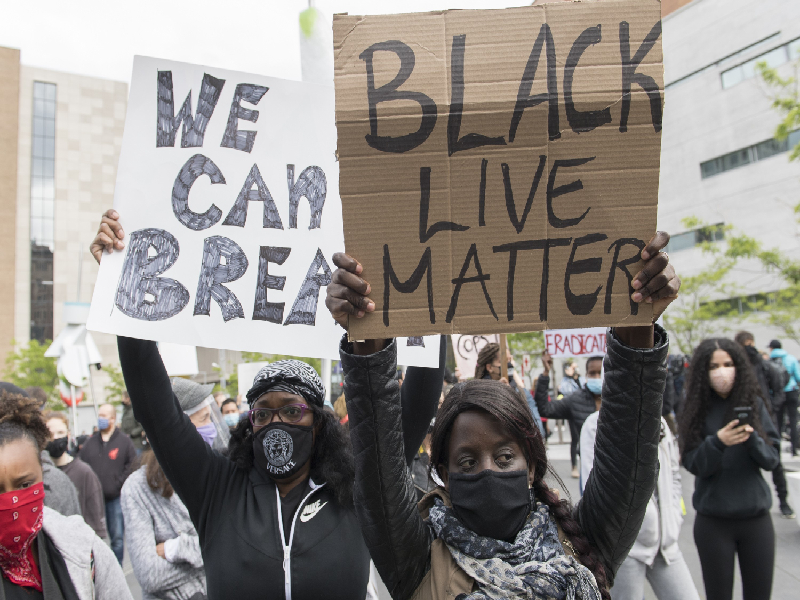

 RSS Feed
RSS Feed


